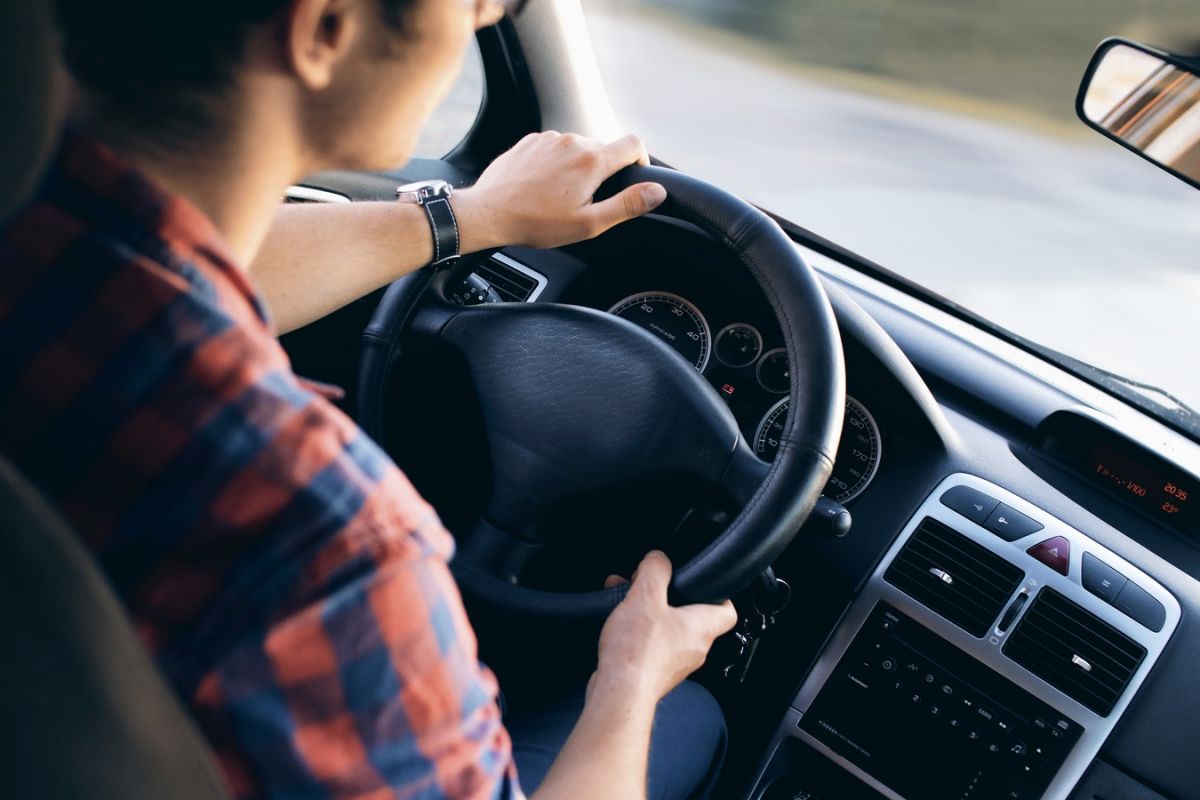Technology is becoming the cornerstone of our society. Everywhere you turn there are new technological advances being made and every single day you utilize products that solely run off these advances. With the use of artificial intelligence on the rise, the automotive industry is taking their technology to a new level.
Aside from autonomous vehicles with bells and whistles and 360-degree perception, which companies still need to work out some kinks on, there are other technological improvements made that are now available when purchasing a newer vehicle. Some of these improvements have been purely designed for pleasure and entertainment, while others have been designed simply for safety reasons.
Car accident prevention technology is one advancement that is paving the way for safer driving and less accidents. According to the National Safety Council, in 2019 in the US, approximately 38,800 individuals lost their lives due to a collision; however, numbers have dropped and keep dropping. They partially attribute this decrease in deaths due to the increase in technological advancements in the automotive industry.
Read below to learn about some of the new (or relatively new) accident prevention technologies out on the market.
Automatic Emergency Braking
There are three different types of braking technology that work to avoid altogether or lessen the impact of a crash: automatic, city speed, and high speed. The National Highway Traffic Safety Administration states that “these systems first alert the driver to take corrective action and supplement the driver’s braking to avoid the crash. If the driver does not respond, the AEB system may automatically apply the brakes to assist in preventing or reducing the severity of a crash.”
Blind Spot Warning System
This feature alerts drivers who are behind them or coming up behind them in adjacent lanes, which is considered a driver’s blind spot. If a driver is about to switch lanes, their vehicle will alert them either with a light or sound indicator to wait.
Forward Collision Warning
This is a system that detects a driver’s speed, the speed of the vehicle in front of them, and the distance between the driver and the one in front of them. The system will warn (by sound) of an impending crash if the rear driver gets too close to the front driver. This feature does not brake the vehicle, therefore the driver should not solely rely on it while driving. It only warns the driver that they are getting too close to the vehicle in front of them.
Lane Departure and Warning Prevention System
There are two types of lane features. “A lane departure warning (LDW) system is an advanced safety technology that alerts drivers when they unintentionally drift out of their lanes without a turn signal. It’s important to note that LDW systems do not take full control of the vehicle or keep the driver from operating it,” (NHTSA).
Lane Keeping Support
The second type of lane-assisting technology is called lane keeping support. This feature physically helps the vehicle stay in its lane and not veer off unintentionally. “LKS systems use information provided by sensors in a lane departure warning system (LDW) system to determine whether a vehicle is about to move out of its lane of travel. If so, LKS activates by correcting the steering, braking or accelerating one or more of the wheels, or a combination of both, resulting in the vehicle returning to its intended lane of travel,” (NHTSA).
Rear Automatic Emergency Braking
This is similar to the automatic braking system except this feature is designed to take over when a driver is backing up and is about to hit something or someone.
Adaptive Cruise Control
Adaptive cruise control assists with braking and speeding up while driving with the cruise control feature on. This system is more advanced than the normal cruise control most of us are familiar with in older models. Some newer models can even come to a complete stop and continue on when appropriate.
911 Notification
This feature isn’t that new, but in case of an accident, a vehicle with this system in place will automatically call 911 for you and provide emergency responders with your location.
As the years progress, these technologies will grow in complexity and efficiency and hopefully will decrease automobile accidents and deaths resulting from them even more so.
If you wind up in an auto accident and need assistance quickly, please contact Downtown Autobody right away; they can help you with your paint or body repair needs.
